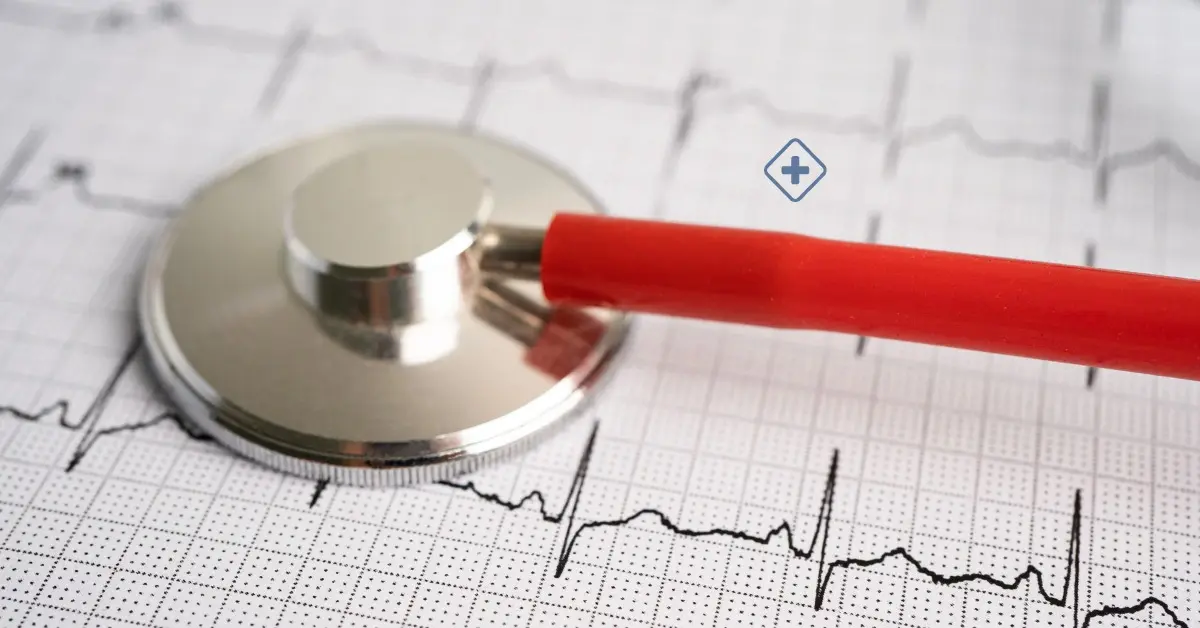
Valvulopathies
Valvulopathies are diseases of the heart valves that prevent them from opening or closing correctly. Learn more about symptoms and causes.

Valvulopathies are diseases of the heart valves that prevent them from opening or closing correctly. The most severe valve diseases damage the aortic or mitral valve.
Other forms of valve disease have emerged today. Degenerative valve disease is one of the most common; it occurs in elderly patients and causes hardening, aging, and calcification of the valves, restricting their mobility and damaging their function.
There are four types of Valvulopathies:
-
Aortic valve
-
Mitral
-
Pulmonary
-
Tricuspid
Causes
The following are the most frequent causes:
-
Rheumatic or degenerative disease
-
Heart muscle disease (Cardiomyopathy)
-
Stenosis, caused by congenital malformations of the aortic valve
-
Trauma infections
-
Aging with old age, the valves become less flexible and more torn
-
Rheumatic fever, a rare disease in developed countries
-
Congenital heart disease, birth defect presenting a defective valve
Symptoms
Valvulopathies generally do not present signs or symptoms at first, as the disease develops, the following signs and symptoms may arise:
-
Shortness of breath
-
Difficulty breathing
-
Chest pain
-
Fatigue
-
Palpitations (sensation of irregular heartbeats, such as fast heart rate)
-
Swelling of the ankles and feet
-
Dizziness, fainting
-
Loss of consciousness
Diagnosis of Valvulopathies
The Cardiologist will perform a medical history, including an examination consisting of listening to your heart through a real stethoscope and questions about your symptoms, lifestyle, and medical history.
We group some of the possible tests that could be carried out:
-
Echocardiogram, produces video images of the heart. The size and shape of the heart can be observed, and any abnormality
-
Electrocardiogram, measures the rhythm of the heart
-
Catheterization, allows for diagnosing and treating some cardiovascular diseases
Treatment of Valvulopathies
The treatment provided will be according to the severity of valve disease; standard treatment options include:
-
Lead a healthy life
-
Do regular and continued physical exercise
-
Don't Smoke
-
Eat Healthily
-
Eat fruits and vegetables
-
Maintain a low-salt diet
-
Medicines help to slow down the development of the disease and decrease its symptoms
-
Medication to control blood pressure
-
Diuretics
-
Oral anticoagulant
-
Surgical treatment
-
Catheter treatments
-
Percutaneous aortic valve replacement for aortic stenosis
-
Percutaneous mitral repair with the MitraClip device, for mitral regurgitation
Living with Valvulopathies
Following the treatment provided by your Cardiologist and leading a healthy lifestyle could help improve your quality of life.
The following are the most common recommendations:
-
Control of Hypertension
-
Exercise daily
-
Decrease salt intake
-
Do not smoke
-
Limit alcohol consumption
-
Take your medications with the prescribed dose and schedule
-
Manage stress
-
Maintain a healthy weight
-
Maintain a healthy diet
-
Maintain good oral hygiene
-
Get enough rest
¿When to go to a doctor?
It is essential to consult a Cardiology specialist to diagnose valve disease and be able to start a treatment that helps you control your symptoms.
When consulting your Cardiologist, try to keep a record of your pain with a detailed description of the symptoms, duration, and what you think triggered them. Also, mention any medications you are taking.
If you have breathing difficulties, chest pain for several minutes, or fainting, call the Emergency number in Los Cabos + 52 (624) 104 3911 for help immediately.
BlueNetHospitals
BlueNet Hospitals - Blue Net Hospitals

Cardiac Ablation
Cardiac ablation is recommended when treatments are no longer effective or are not well tolerated to treat arrhythmias
Extrasystoles
Ventricular extrasystoles may not present symptoms; in other cases, they may cause unpleasant or alarming sensations.
Heart Murmurs
A heart murmur is an unusual sound that is heard when blood flows through the heart.
Cardiac Catheterization
Cardiac catheterization is an invasive procedure used to assess the heart and blood vessels by inserting a catheter into them.
- Do You Need an Appointment with a Specialist?
- call us
- write us
- let's talk





